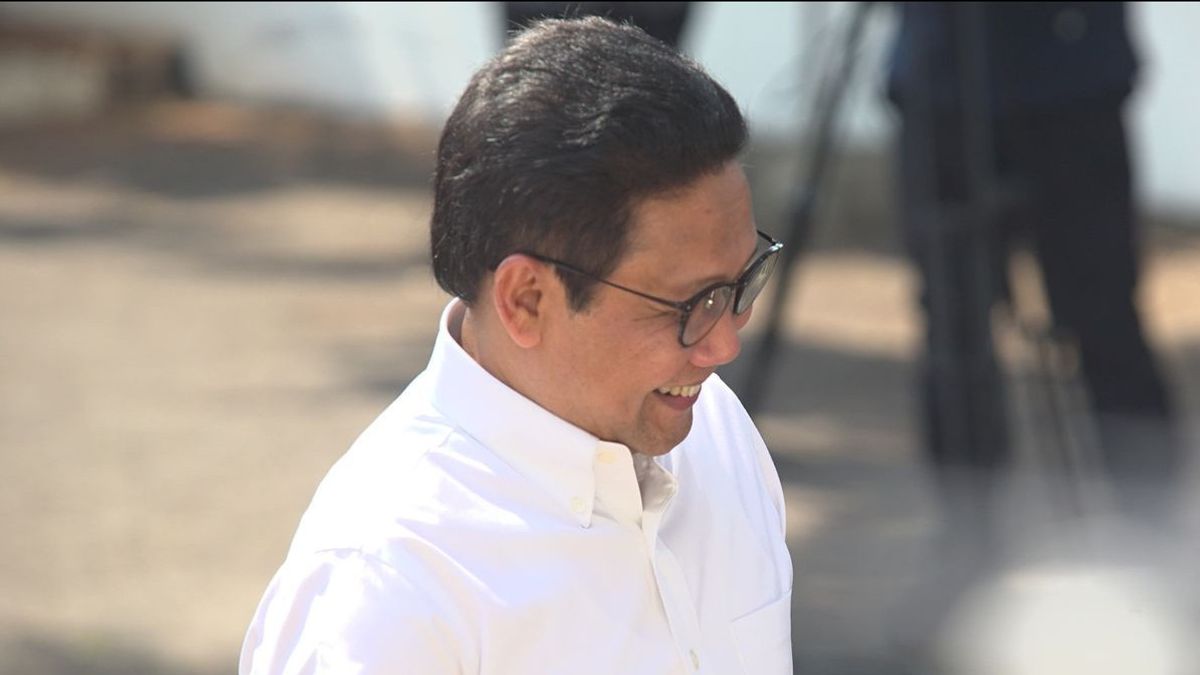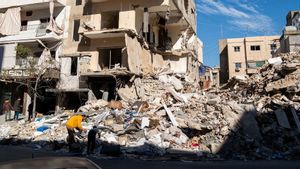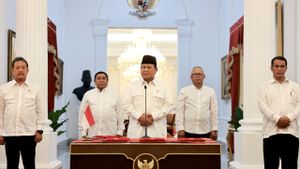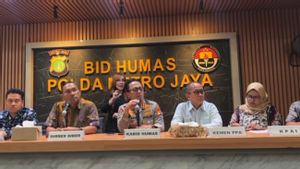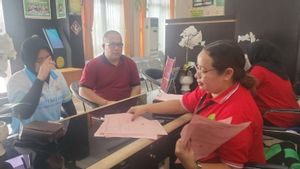JAKARTA - The Ministry of Villages, Disadvantaged Areas and Transmigration (Kemendes PDTT) will focus on supporting national food security during and after the coronavirus or COVID-19 epidemic by providing agricultural land, and increasing activities in 10 transmigration areas.
The Food and Agriculture Organization of the United Nations (FAO) has warned of a food crisis during the COVID-19 pandemic season. In fact, it is predicted that the international food market will contract. This is because, each country is trying to meet its own needs, including Indonesia.
PDTT Mendes Abdul Halim Iskandar said this condition will have an impact on the emergence of a decrease in agricultural labor and logistics to support food trade in the country. Therefore, his party is preparing agricultural land to anticipate this.
"There are 1.8 million hectares of agricultural land that can be used for intensification in the 3.2 million hectares of transmigration areas. The locations are spread across several areas," he said, in a written statement received by VOI, in Jakarta, Friday, May 15.
Abdul Halim assessed that increasing agricultural productivity is very important to anticipate the possibility of threatening food security after the COVID-19 epidemic. The threat of a decline in the availability of food needs is not only experienced by Indonesia but also other countries.
"Because importing COVID-19 becomes difficult, because every country will definitely think about its own needs. We have to be brave to stand on our own, that's why SMEs (Small and Medium Enterprises) are encouraged, agriculture is boosted, because each country will defend its own territory," he said .
According to him, of the 1.8 million ha of prepared agricultural land, 500,000 ha have been carrying out production activities. This intensification is estimated to help meet the food needs of as many as 16 million people per year.
"For example, the existing one yields an average of about 3 to 4 tonnes per hectare per planting. In this intensification program, as much as possible the yields will be boosted at least 5 to 6 tonnes per hectare in one crop," he explained.
Abdul Halim said that the 500,000 ha of land had met the prerequisites for intensification, namely the availability of labor, superior seeds, fertilizers, mechanization and irrigation, rice milling, off takers, and banking.
Then, the remaining 1.3 million ha will be intensified in the long term by first preparing the preconditions that are not yet available. For example, mechanization and irrigation, rice milling, and off takers. The provision of intensification prerequisites, said Abdul Halim, will involve the related ministries / agencies.
"We are trialling this 500,000 ha before the beginning of 2021. Then after that we move on the remaining 1.3 million ha of land. This is for the medium and long term," he said.
10 Areas of Rice IntensificationAbdul Halim said the areas that are ready to be the focus of intensification in the medium term are divided into 10 regions, namely Mesuji Regency in Lampung, Banyuasin Regency in South Sumatra, Bangka Belitung, Kubu Raya Regency in West Kalimantan and Dadahup which is located in Kapuas Regency in Central Kalimantan.
Then, he continued, the Barito Kuala Regency in South Kalimantan, East Kutai Regency in East Kalimantan, Boalemo Regency in Gorontalo, Morowali Regency in Central Sulawesi, and East Luwu Regency in South Sulawesi.
"The focus on this area alone covers 500,000 ha of rice plantations. What is interesting is that these lands are currently producing, and are being worked on by transmigrants. Further efforts made by the PDTT Village Ministry are to increase the intensification of these productive lands," he said. .
To note, this 1.8 million ha includes 45,000 ha of transmigration peatlands in Dadahup Lamunti, Kapuas, Central Kalimantan which will be developed together with other ministries.
"To make this a success, village fund support is covered in 243 villages (in 10 regions), with a ceiling of Rp. 236 billion. Village cash work can be done using 40 percent of the ceiling, which is Rp. 94 billion," he explained.
The English, Chinese, Japanese, Arabic, and French versions are automatically generated by the AI. So there may still be inaccuracies in translating, please always see Indonesian as our main language. (system supported by DigitalSiber.id)
